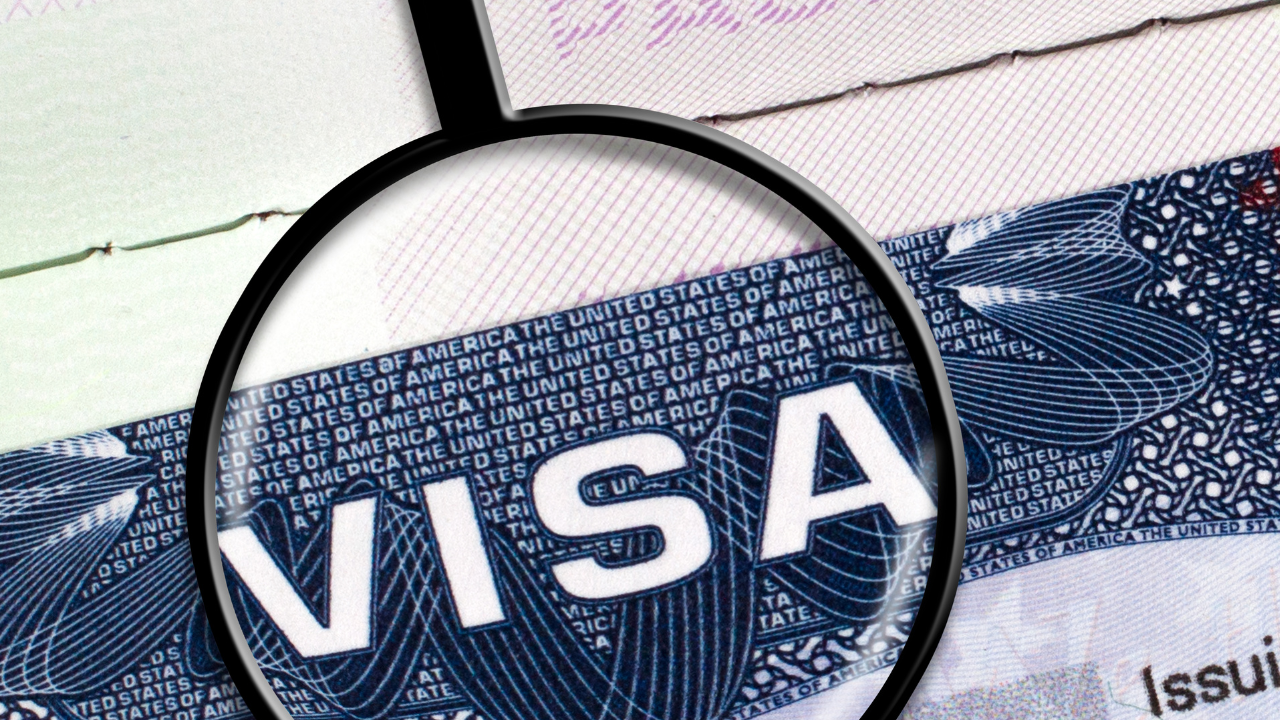Topic
Published
Sept 20th, 2023
Written By
Latish Fatnani
Latish is the General Manager for the mid-Africa region and has been working at Crown for 13 years now, with the last eight of those being in Kenya, and the first five being in India.

He has expertise in Kenya, Tanzania, Ghana, and Nigeria, with customer feedback meaning so much to Latish and his team, and he takes a lot of pride into the work we deliver.
Moving from Kenya to the UK is an exciting journey that offers a unique blend of European culture, stunning landscapes, and a high quality of life. In this blog, we'll explore 6 essential tips to make your move to the UK smooth and enjoyable:
1. Visa and Residency Requirements- What visa do I need?
Check your specific visa and residency requirements for your circumstances. Your nationality and purpose of stay mean different rules and paperwork are required.
When moving to the UK from Kenya, it's essential to Check if you need a visa and the visa requirements. The specific visa you need depends on your situation. If you plan to work, you'll typically require a work permit or a highly skilled migrant visa. Family members can often join you under family reunification visas. Students will need a student visa, and investors may apply for a residence permit based on their investment.
The UK Gov website has all your visa information and provides comprehensive guidance on visa types, eligibility criteria, and the application process.
Ensure that you stay legal and compliant and follow all legal requirements, such as renewing visas or residency permits when necessary, registering with local authorities once in the UK, and updating your address.

2. Access to Healthcare – Do I have access to healthcare?
Anyone legally residing in the United Kingdom is entitled to NHS healthcare. You do not have to be a British citizen or employed to be part of the system – though you will pay an immigration health surcharge.
A common concern when moving to the UK is access to healthcare. Fortunately, the UK boasts a robust healthcare system known as the National Health Service (NHS). As a new resident, you are entitled to healthcare services under the NHS. The first step is to register with a local GP (General Practitioner), which allows you to access primary care services. Even if you are entitled to health care, you should consider getting private health insurance to supplement your coverage.
For a complete understanding of the services offered, eligibility criteria, and the registration process, you can refer to the official NHS website.

3. Moving Your Belongings- What is the best way to move my belongings?
When considering moving your belongings from your current home to the UK, there are many factors, such as the number of items, custom clearance, whether you can use the items in the UK, budget, and timeline. These are all essential points to consider. Start planning your move early to avoid any last-minute stress. Create a detailed moving plan, including logistics, packing, and necessary paperwork.
A popular route is to select an international moving company, such as Crown Relocations, specialising in overseas relocations. It will ensure your peace of mind as they specialise and assist with the packing, shipping and customs procedures, taking one more thing off your to-do list! Companies such as Crown Relocations can also help calculate the cost of your move so you can ensure you plan which items you wish to take with you and those you will leave behind.
Other points to consider are to declutter and pack wisely. Will you require everything in the UK? Consider selling or donating any items you may no longer need.

4. Opening a Bank Account
Establishing financial stability in a new country is essential, and opening a bank account is a crucial step in this process. To open a bank account in the UK, you will typically need to provide proof of your address, proof of identity, and potentially demonstrate your UK residency status. Major banks like Barclays, Lloyds, and HSBC offer various types of accounts tailored to your needs.
Consider the Cost of Living: The cost of living in the UK can vary significantly compared to Kenya, so understanding the expenses associated with housing, transportation, education, healthcare, and other essential services is important. Make a comprehensive budget that factors these costs to ensure a smooth financial transition.
For detailed information on account types, requirements, and how to initiate the account-opening process, you can visit the official website of your preferred bank. Here is a link to one of the banks in the UK Barclays: https://www.barclays.co.uk/

5. Finding accommodation
Securing suitable accommodation in the UK is a significant concern, as it directly impacts your comfort and daily life. The options range from renting apartments or houses to shared housing arrangements and even property ownership.
The UK offers a range of accommodation options, so research the different areas and associated costs to find a location that suits your needs and budget. Numerous online portals make the search for accommodation more accessible. Websites like Rightmove, Zoopla, and Gumtree are popular choices for property listings, allowing you to filter and search for options that match your preferences and budget.
Start planning your move early to avoid any last-minute stress. Create a detailed moving plan, including logistics, packing, and necessary paperwork. Stay Legal and Compliant: Ensure you follow all legal requirements, such as registering with local authorities, updating your address, and renewing your visa or residency permit when needed.

6. Education and Childcare
For families with children, ensuring access to quality education and childcare facilities is a top priority. The UK offers a diverse range of educational options, including state-funded schools, private schools, and international schools. Understanding the school admissions process and the UK education system is crucial. You will also need to check with UK immigration authorities that they visa you are entering the UK on allow dependants to study.
Schooling Options:
- State-Funded Schools: The UK has a comprehensive network of state-funded schools, including primary and secondary schools. Education in state schools is free for residents, and admission is typically based on catchment areas.
- Private Schools: Private schools, also known as independent schools, provide an alternative to state-funded education. These schools charge tuition fees but may offer a broader range of educational approaches and facilities.
- International Schools: If you prefer an international curriculum, you can explore international schools in the UK, which often follow systems such as the International Baccalaureate (IB) or American curriculum.
School Admissions:
- Admission procedures for state schools may vary by region, and it's essential to understand the process in your specific area. Local authorities oversee admissions, and applications often take place through an online portal.
- For private and international schools, admissions procedures differ, so it's advisable to contact schools directly to inquire about application processes, deadlines, and any entrance exams or interviews.
Childcare Services:
- If you have young children who are not yet of school age, you may require childcare services. The UK offers various options, including nurseries, childminders, and preschools.
- Nurseries are typically for children aged 0 to 5 and provide a structured environment with trained staff. Childminders offer a more personalized approach by looking after children in their homes. Preschools focus on early education for children aged 3 to 5.
Special Educational Needs (SEN):
- If your child has special educational needs or disabilities, the UK is committed to providing support and inclusive education. You can contact local authorities or visit the official government website for information on accessing SEN services and support.
Higher Education:
- The UK is home to some of the world's prestigious universities. If you or your children are considering higher education, research universities and courses thoroughly, and check entry requirements for international students.
The UK government's official education website offers a wealth of information on various education topics, including admissions, school choices, and educational standards. To access comprehensive information on school admissions, curriculum details, and educational guidelines, it is advisable to consult the official government website dedicated to education.

Embrace the opportunity to immerse yourself in UK culture, connect with other expatriates through online forums and social media groups, and maintain a positive attitude throughout your transition. Moving from Kenya to the UK offers a chance for personal and professional growth, and with thorough preparation and understanding of these key points, you'll quickly find yourself at home in this welcoming country.